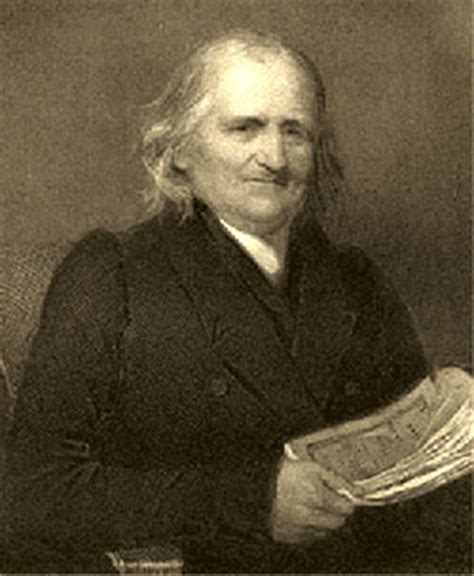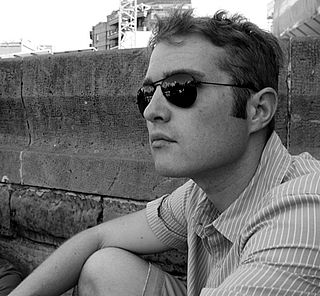A Quote by Sarah Fielding
Men look on knowledge which they learn--or might learn--from others as they do on the most beautiful structures which are not their own: in outward objects, they would rather behold their own hogsty than their neighbor's palace; and in mental ones, would prefer one grain of knowledge gained by their own observation to all the wisdom of a thousand Solomons.
Related Quotes
If rulers learn to undervalue the lives of their own subjects by the custom of war, how much more do they undervalue the lives of their enemies! As they learn to hear of the loss of five hundred or a thousand of their own men, with perhaps less feeling than they would hear of the death of a favorite horse or dog, so they learn to hear of the death of thousands after thousands on the side of the enemy with joy and exultation.
WISDOM IS dependent upon knowledge. Where there is complete ignorance there can be no wisdom, no knowledge of the right thing to do. Man’s knowledge is comparatively limited and so his wisdom must be small, unless he can connect his mind with a knowledge greater than his own and draw from it, by inspiration, the wisdom that his own limitations deny him. Only God knows all truth; therefore only God can have Real wisdom or know the right thing to do at all times, and man can receive wisdom from God. Wisdom is obtained by reading the mind of God.
But if men would give heed to the nature of substance they would doubt less concerning the Proposition that Existence appertains to the nature of substance: rather they would reckon it an axiom above all others, and hold it among common opinions. For then by substance they would understand that which is in itself, and through itself is conceived, or rather that whose knowledge does not depend on the knowledge of any other thing.
Knowledge is inherent in man; no knowledge comes from outside; it is all inside. We say Newton discovered gravitation. Was it sitting anywhere waiting for him? It was in his own mind; the time came and he found it out. All knowledge that the world has ever received comes from the mind; the infinite library of the universe is in our own mind. The external world is simply the suggestion, the occasion, which sets you to study your own mind.
No matter how vast your knowledge or how modest, it is your own mind that has to acquire it. It is only with your own knowledge that you can deal. It is only your own knowledge that you can claim to possess or ask others to consider. Your mind is your only judge of truth - and if others dissent from your verdict, reality is the court of final appeal. Nothing but a man's mind can perform that complex, delicate, crucial process of identification which is thinking. Nothing can direct the process but his own judgment. Nothing can direct his judgment but his moral integrity.
. . . the fools of this world prefer to look for sages far away. They don't believe that the wisdom of their own mind is the sage . . . the sutras say, "Mind is the teaching." But people of no understanding don't believe in their own mind or that by understanding this teaching they can become a sage. They prefer to look for distant knowledge and long for things in space, buddha-images, light, incense, and colors. They fall prey to falsehood and lose their minds to insanity.
There is a certain class of people who prefer to say that their fathers came down in the world through their own follies than to boast that they rose in the world through their own industry and talents. It is the same shabby-genteel sentiment, the same vanity of birth which makes men prefer to believe that they are degenerated angels rather than elevated apes.
[Heraclitus] did not require humans or their sort of knowledge, since everything into which one may inquire he despises [as being] in contrast [to his own] inward-turning wisdom. [To him] all learning from others is a sign of nonwisdom, because the wise man focuses his vision on his own intelligence.







































